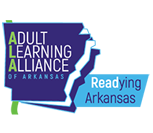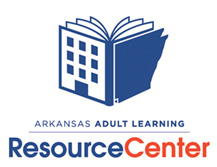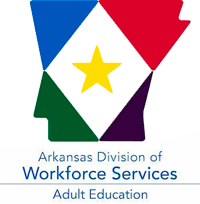Today’s post is about fidelity. For the purposes of administering assessments, the definition of fidelity is, “the degree of exactness with which something is copied or reproduced.” It is not difficult to see why this level of precision is important in giving formal assessments.

The first step to ensuring fidelity in giving an assessment is being sure you have fully reviewed the directions and scoring guidelines. If you are not sure that you understand, ask for help or practice giving the assessment to a friend.
If you are using a curriculum based assessment, such as one in your teacher’s manual or the student’s workbook, you will also want to be sure you don’t use those questions for practice immediately before. You will want to be able to see if the student is able to do the work independently.
It can also be tempting to help the student. If you do help the student, your test results are not valid. While there are cases this may be necessary, such as a student struggling with confidence or you realizing the test is too advanced, this should only happen on informal assessments used in workbooks or that you created. Be sure to note on the assessment or in your notes for lesson planning that the student was not able to do the test independently. Any formal assessments used for tracking student progress should be done entirely independently.

Cheating is also a concern with assessments. However, it is important to rethink cheating and put it into context. Often, we are happy to help each other with tasks or an adult who struggles with reading or learning has become reliant on those around him. Many times, it is just second nature to look around for help. Rather than wait until the situation occurs, prepare ahead of time for students to have plenty of space to work without nearby distractions. This avoids the entire sticky situation of “cheating”.
A great way to increase fidelity is to teach students the purpose of the assessments. Helping students understand why assessments are necessary for lesson planning can ease some of the tension over “the score” or feelings of failure. It can also help students hold up their end of the process with fidelity since they understand how the assessment aids their learning.
One part of the process that can cause a breakdown in accuracy is the scoring and data entry of an assessment. Even if you are an expert at the content being assessed, it is always wise to use an answer key and double check your results. If the assessment needs to be input into a data management system, double check that the correct score was entered.







